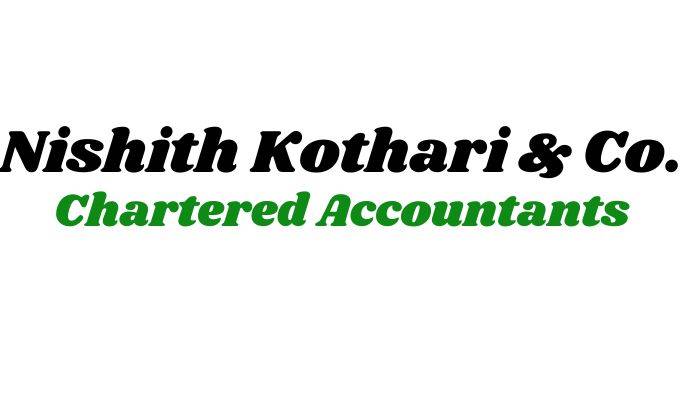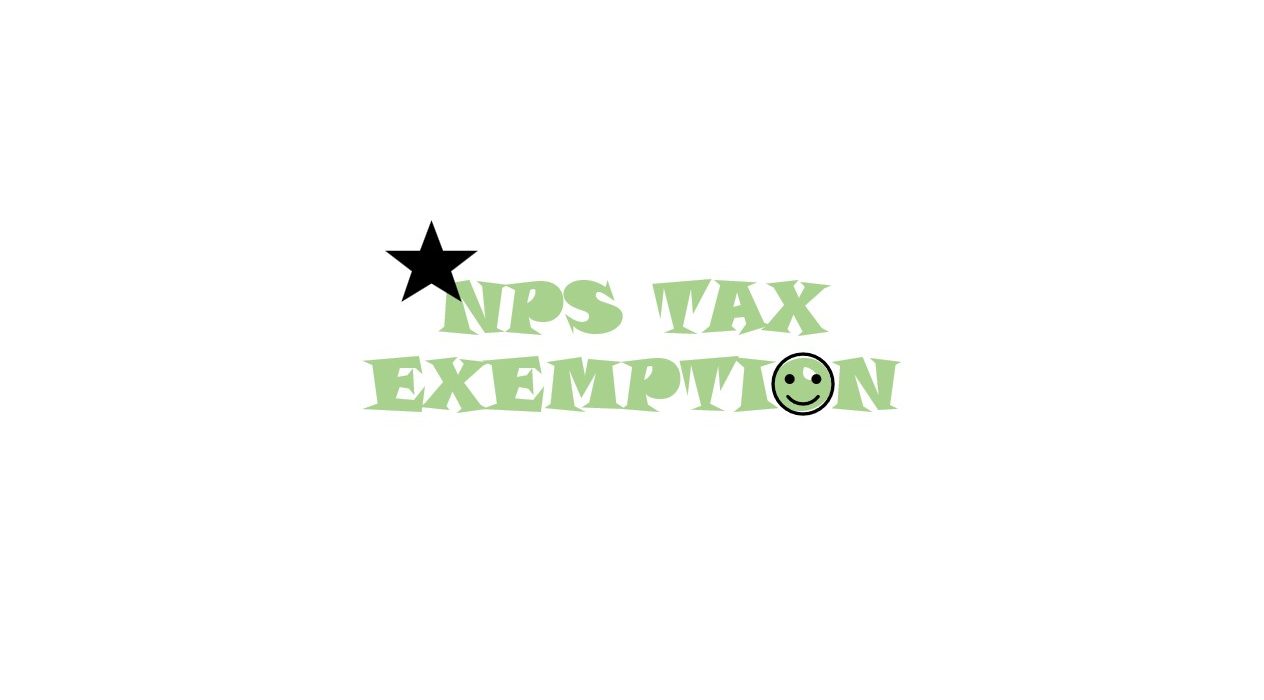NPS tax exemption can be availed by Individuals who is either employed by any other employer or assessee or any other assessee who has paid and deposited amount in pension scheme notified by Central Government. The NPS tax exemption is governed by Section 80CCD of Income Tax Act, 1962. This article is brief guide of NPS tax exemption limit, Section guide, tax benefit calculator and most searched FAQs answered as well.
To know more about NPS Scheme, subscription refer >> https://enps.nsdl.com/eNPS/NationalPensionSystem.html
NPS tax exemption benefit
I. Section 80CCD(1) Maximum deduction allowed for contribution to NPS by Self is lower of the following :
- In case of Salaried Employees – 10% of total salary ( Basic + DA ) or
- In case of Other than salaried Employees – 10% of the Gross total Income or
- INR 50,000
- In case of CG/SG Employers – 14% of the Salary ( Basic + DA )
- In case of Other than CG/SG Employers – 10% of the Salary ( Basic + DA )
NPS tax exemption overall ceiling limit combined with other sections
Section 80CCE of income tax act restricts maximum deduction to INR 1,50,000 for combined Section 80C, 80CCC and 80CCD(1).
FAQs regarding NPS tax exemption
Refer below most searched FAQs regarding NPS tax exemption :
How much tax is exempted for NPS?
I. Section 80CCD(1) Maximum deduction allowed for contribution to NPS by Self is lower of the following :
- In case of Salaried Employees – 10% of total salary ( Basic + DA ) or
- In case of Other than salaried Employees – 10% of the Gross total Income or
- INR 50,000
- In case of CG/SG Employers – 14% of the Salary ( Basic + DA )
- In case of Other than CG/SG Employers – 10% of the Salary ( Basic + DA )
Can I invest more than 50000 in NPS?
Yes, investment can be made for more than 50,000 but the Income Tax Benefit is subject to maximum of INR 50,000.
Can I claim both 80CCD 1B and 80CCD 1?
No deduction is subject to 50,000 and cannot be claimed in both 80 CCD 1B and 80CCD 1
Is the 60% NPS withdrawal tax free?
Subscriber can partially withdraw from NPS tier I account before the age of 60 for specified purposes. According to Budget 2017, amount withdrawn up to 25 per cent of Subscriber contribution is exempt from tax.
Amount invested in purchase of Annuity, is fully exempt from tax. However, annuity income that you receive in the subsequent years will be subject to income tax.
After Subscriber attain the age of 60, up to 40 percent of the total corpus withdrawn in lump sum is exempt from tax.
Employer contribution to NPS taxable or not ?
- In case of CG/SG Employers – 14% of the Salary ( Basic + DA )
- In case of Other than CG/SG Employers – 10% of the Salary ( Basic + DA )
NPS tax benefit section
The NPS tax exemption is governed by Section 80CCD of Income Tax Act, 1962
NPS employee contribution tax benefit?
Section 80CCD(1) Maximum deduction allowed for contribution to NPS by Self is lower of the following :
- In case of Salaried Employees – 10% of total salary ( Basic + DA ) or
- In case of Other than salaried Employees – 10% of the Gross total Income or
- INR 50,000
Need Expert Assistance on tax saving, tax planning or related to NPS tax exemption in Udaipur and Rajasthan
Need Expert Assistance on tax saving, tax planning or related to NPS tax exemption in Udaipur and Rajasthan, reach out to our professionals at TaxLedgerAdvisor.
Also refer other articles from us >>
https://www.taxledgeradvisor.com/business-tax-filling/
https://www.taxledgeradvisor.com/salaried-tax-filing/
https://www.taxledgeradvisor.com/lower-your-taxable-income-up-to-inr-5-lacs/


